Text & Photos: T Murrali
In the inaugural issue of Auto Components India, we featured the Grande i10 – ICOTY of the year 2014 – and in this issue, the First Anniversary special that you are holding, we are featuring the Elite i20 – ICOTY of 2015. The common element is that both cars are from Hyundai Motor India Limited’s (HMIL) stable, primarily in the compact segment, getting the coveted award – the Indian automobile equivalent of the Oscars.

Designed at Hyundai Motor’s Design Centre Europe in Rsheim, Germany, the global car Elite i20 is a second generation car. When the first generation i20 was initially launched in 2007, with a tag line ‘Got it All,’ it was unclear whether the contemporary customer got all the features for the money paid. However, dominated by a square design on the body, it hit pay dirt for the vehicle manufacturer on many aspects including a longer wheel base that offered more room in the cabin. Besides, it had a host of features incorporated in the instrument cluster.
Early 2012 saw the launch of the facelift, projected as i-Gen i20 with the tag line ‘Live the Uber life.’ It came with a natural curve design language in the body, extended to the headlights, tail-lamps and fog lights. It also came with a reverse park assist that became an immediate hit.
The second generation car-the Elite i20 – comes with the tag line ‘Un Compromise.’ As the present generation wants to get the best of everything – they do not compromise on their expectations – the vehicle maker was forced to deliver the Elite i20, which is incidentally the first car built on Hyundai’s ‘Fluidic Sculpture’ 2.0 design philosophy.
The objective of 2.0 version of fluidic sculpture is to be smoother and less sharp with every curve to merge with all others. It is like water flowing in a stream – irrespective of the path it takes – it finally confluences to continue the flow. Similarly, all the curves in the Elite i20 merge with one another harmoniously. The design elements make dynamics meet practicality as they are focused on aesthetics, modern appeal and premium interiors. It has comfort features and specifications that make driving a comfortable and easy task. The simple and harmonious design with refined fluidic elements helped the car to have a prudent fusion of the style and dynamics of the sports car and the practicality of a hatchback. While Mobis supplies crash pads along with major body modules, Sungwoo and Hwashin are responsible for A-class body parts. Doors assemblies have come from MSI.
The reason for the car to be a head turner, besides being conferred with the coveted award, is the stunning looks for a car in that segment. The effect is due to the combination of the wrap-around headlamps that cast a brighter and longer light beam on the road. Both the headlights and the rear combination tail-lamps are supplied by Samlip Lumax. The hexagonal shaped web grille (with chrome element on the boundary), the hood’s sharp character lines that integrate with the front bumper, aerodynamic ORVM, black-coloured C pillars and the rear combination lamps that are curved to follow the bodywork where the rear meets the sides of the car – all these convey an image of style, self-assurance and sophistication.
The rear combination lamps, more than featuring a distinctive and stylish design to provide optimal visibility and safety, are stunning and attract the attention of those driving behind. In addition, the rear bumper is designed on a dual tone theme with black bumper garnish at the bottom to further enhance the sporty appeal. Catalysing the style element is the R16 diamond cut alloy wheels – provided only for the top end models, Sportz and Asta. It has rear camera with Steering Adaptive Parking Guidance, which is a first in the segment.
Though seats are ergonomically designed for space and convenience, and cushioned well offering thigh and back support, still they give a sense that there may be some discomfort during long drives for people like me having perennial back ache. However, this is very subjective.
Suspension is supplied by Mando to Mobis, which eventually assembles and sends it as a module. The 60:40 split offers convenience to customise both storage and cargo space as per the specific requirements of each drive. It has 285L of luggage space when the rear seats are in place.
The music system is equipped with an 8 speaker arrangement, Bluetooth and 1GB internal memory. The fully automatic temperature control HVAC, supplied by Halla Visteon Climate Control, helps maintain the desired cabin temperature and cluster ionizer, provided in the top end models, to generate ions to purify and deodorize cabin. The smart pedal is helpful; in the event of simultaneous operation of the brake and acceleration pedals, the smart pedal overrides the accelerator pedal and applies only the brake.
Other Features
The Elite i20 has a host of features. Multi-function steering wheel, height adjustable driver seat, seat back pocket, glove box cooling, luggage lamp, cup holders, front console armrest with storage space, headlamp escort function, rear parking assist system, smart key with push button start, anti-pinch power windows, auto light control, tilt and telescopic steering, ABS, rear defogger, dual airbags, rear AC vents, rear parcel tray, auto foldable outside rear view mirror, ticket holder under the TFT display etc, are some of the additional features in the car.
Engine
The Elite i20 is powered by 2 proven and reliable engines – the 81 bhp 1.2L Kappa Dual VTVT petrol and the 89 bhp 1.4L U2 CRDi Diesel. The refined Kappa engine is coupled with the dual VTVT technology to offer optimum combination of power, mileage and refined performance.
The powerful yet efficient U2 engine is among the technologically advanced engines from the Hyundai diesel family. While the diesel version is mated with a 6-speed gearbox, the petrol sibling is coupled with a 5-speed transmission.
To make the Elite i20, HMIL has added a few robots in the body shop and paint shop for certain precision jobs. Sarangarajan, Vice President – Production, Hyundai Motor India, says, “This is primarily to augment quality without reducing the manpower. In some cases, adding robots makes us add one or two people to manage and maintain them. This helps in enhancing the skill sets of people.” In addition, the vehicle manufacturer has introduced an integrated torque wrench that can check for specification adherence on the job. Besides stopping the assembly line for any fault, the system will also have a record of everything, enabling the company to go to the genesis of the problem.
Collaborative Efforts
The vendors were short-listed when the concept of the car was finalised. Typically, vendors involve themselves with the OEM for collaborative development almost 30 months before the actual launch. In the case of Elite i20, vendors supplying body parts participated when the clay model was finalised. These initiatives helped in making it almost right for the first product. Elite was developed in less than 24 months, while the first generation sibling took over 30 months.
Overall, Elite i20 is a good initiative by Hyundai Motors offering premium feel to customers, but not at premium cost – as intended by the Chairman of the global company.



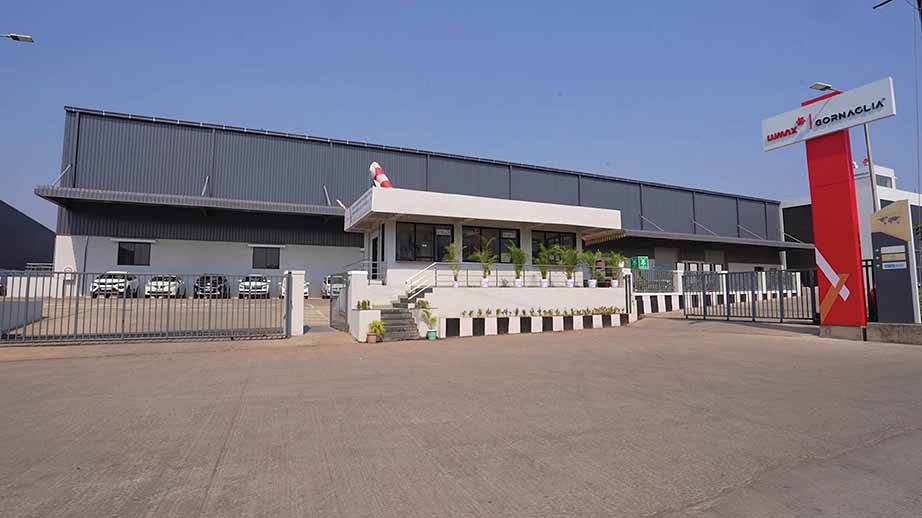
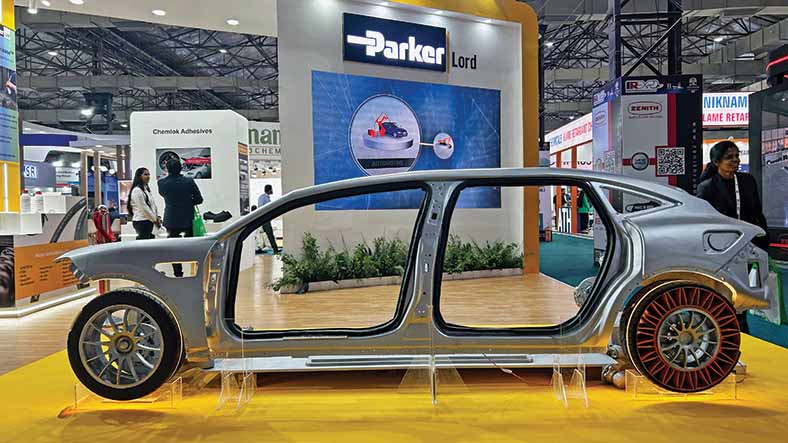
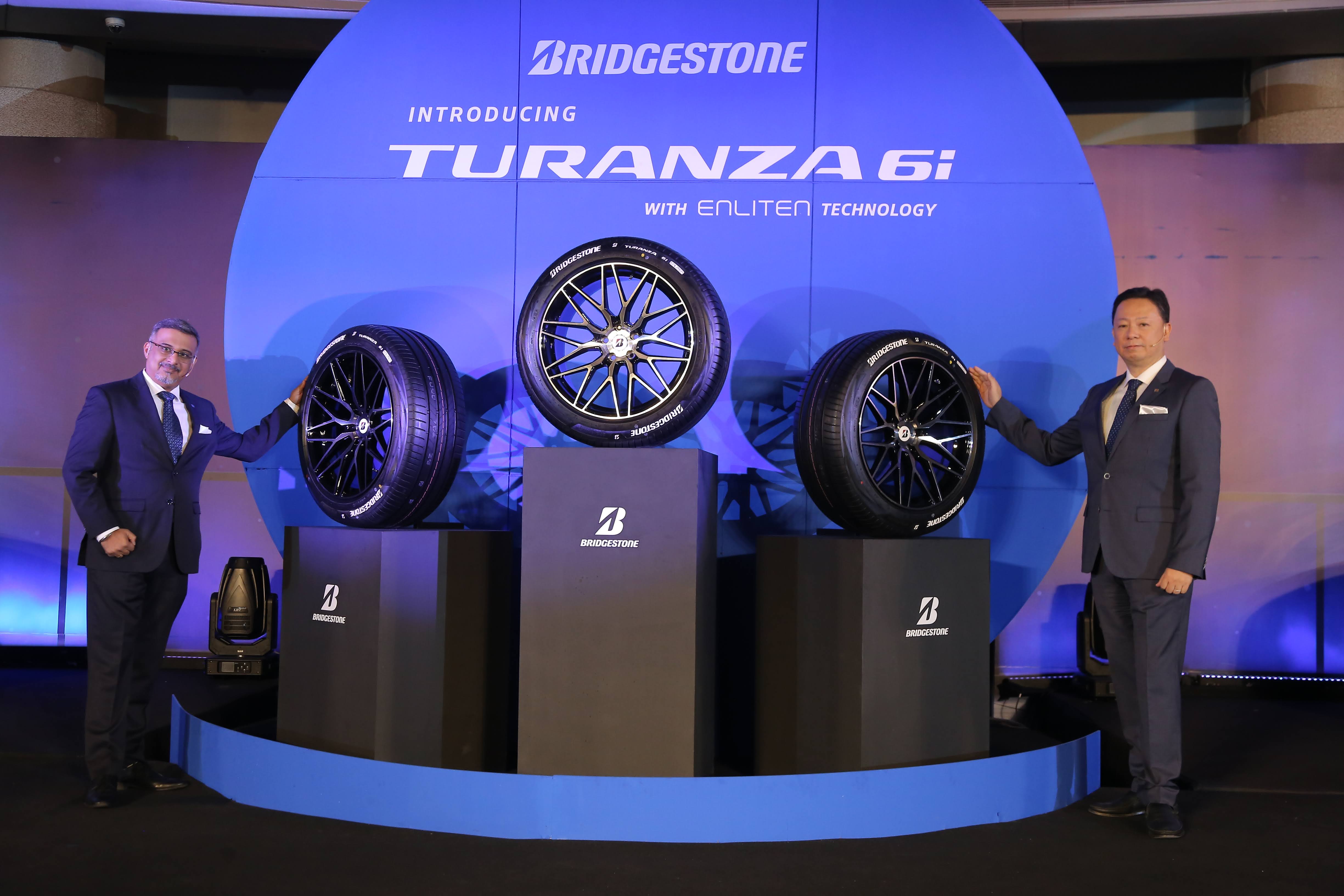
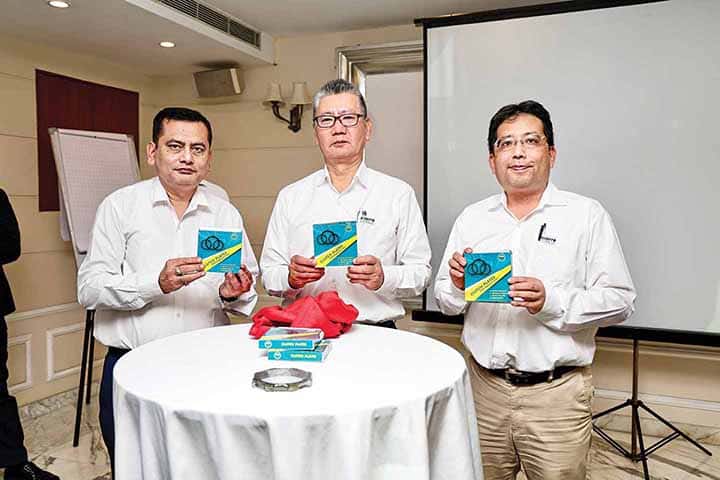
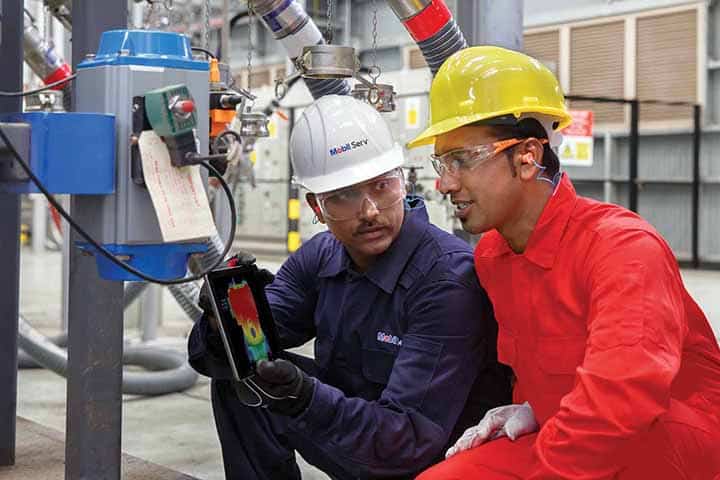
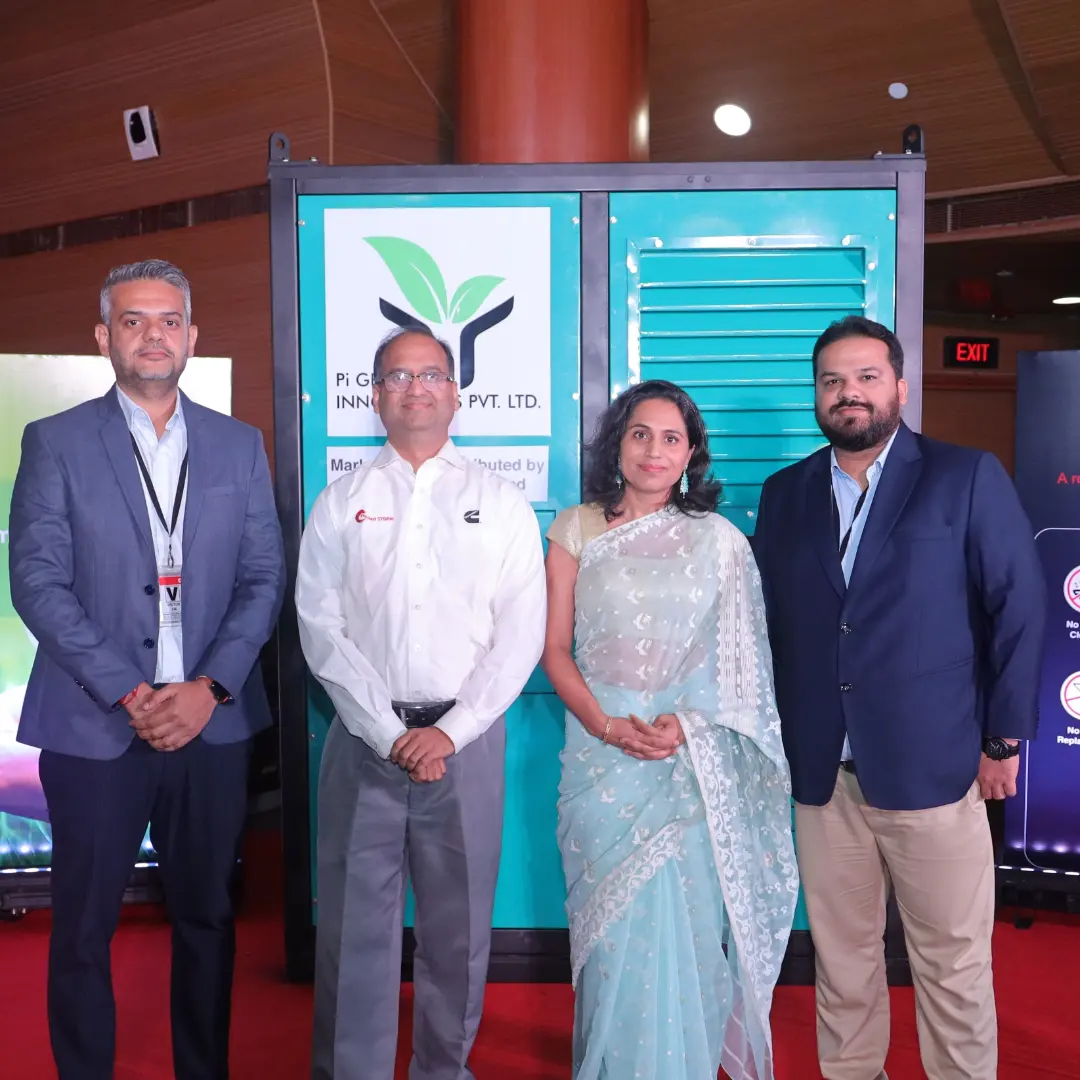




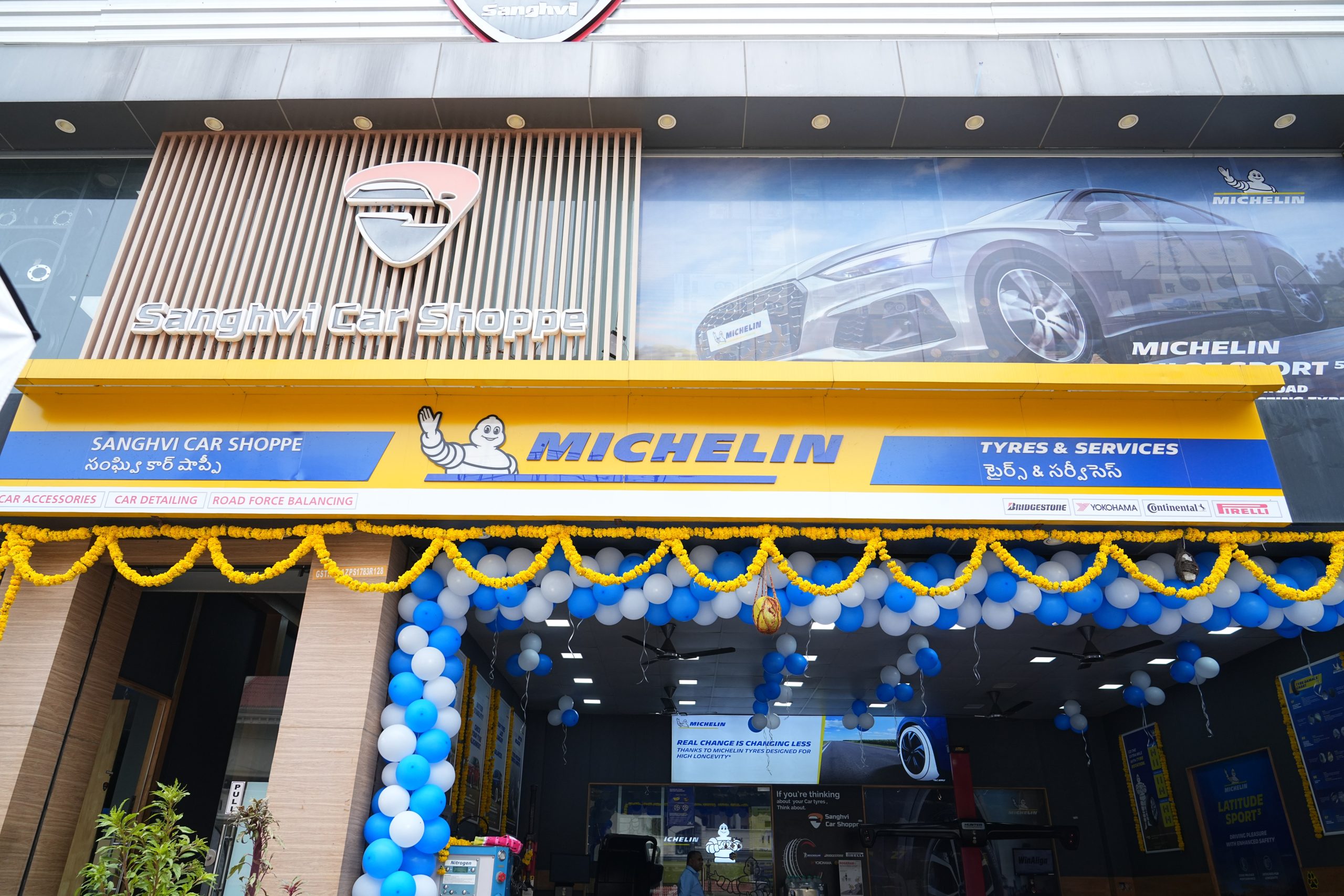

anavar results
Lots with regards to people put together not grasp how for you
to pass their drug examination. Supplementation are required
to nearly always be near to why these two aims.
Also visit my web site :: anavar results